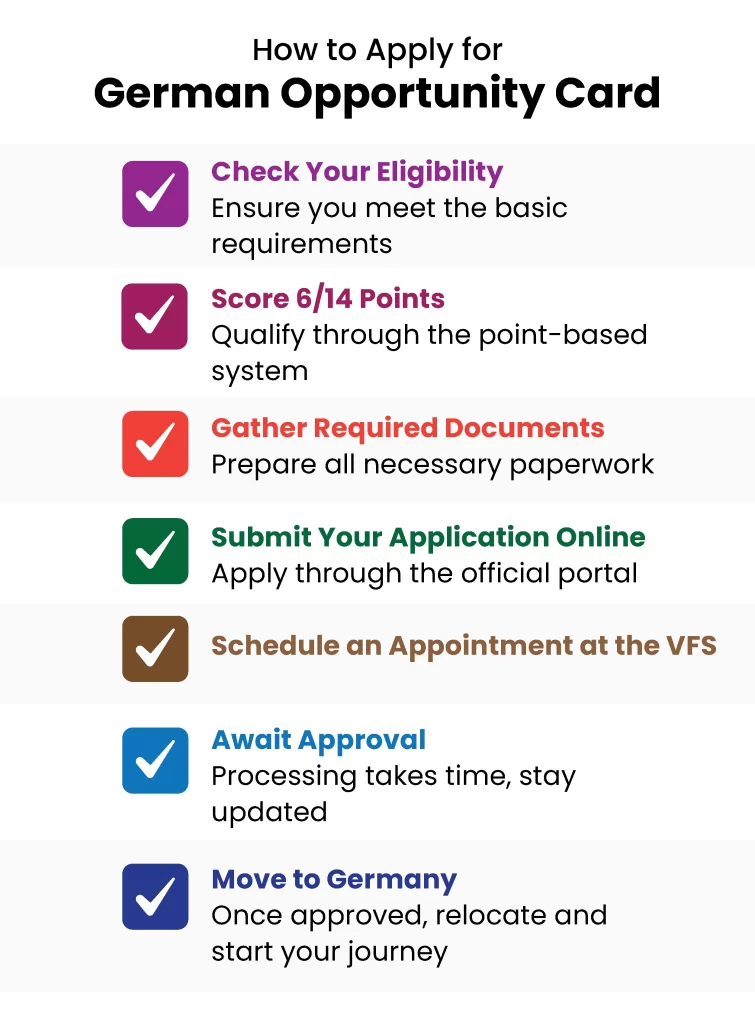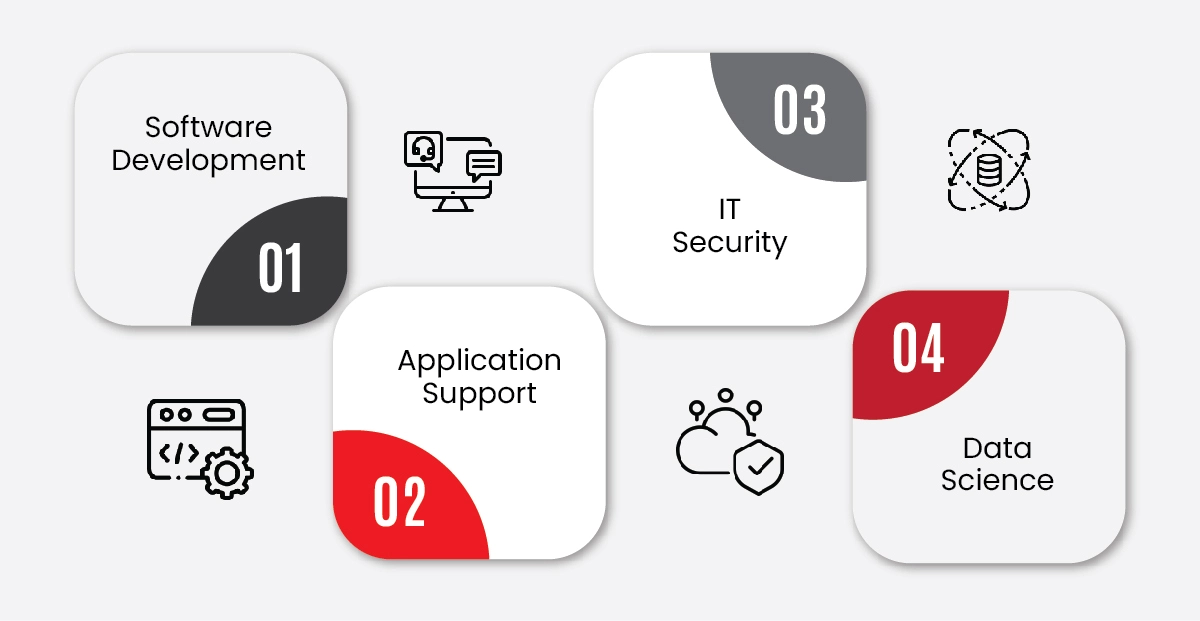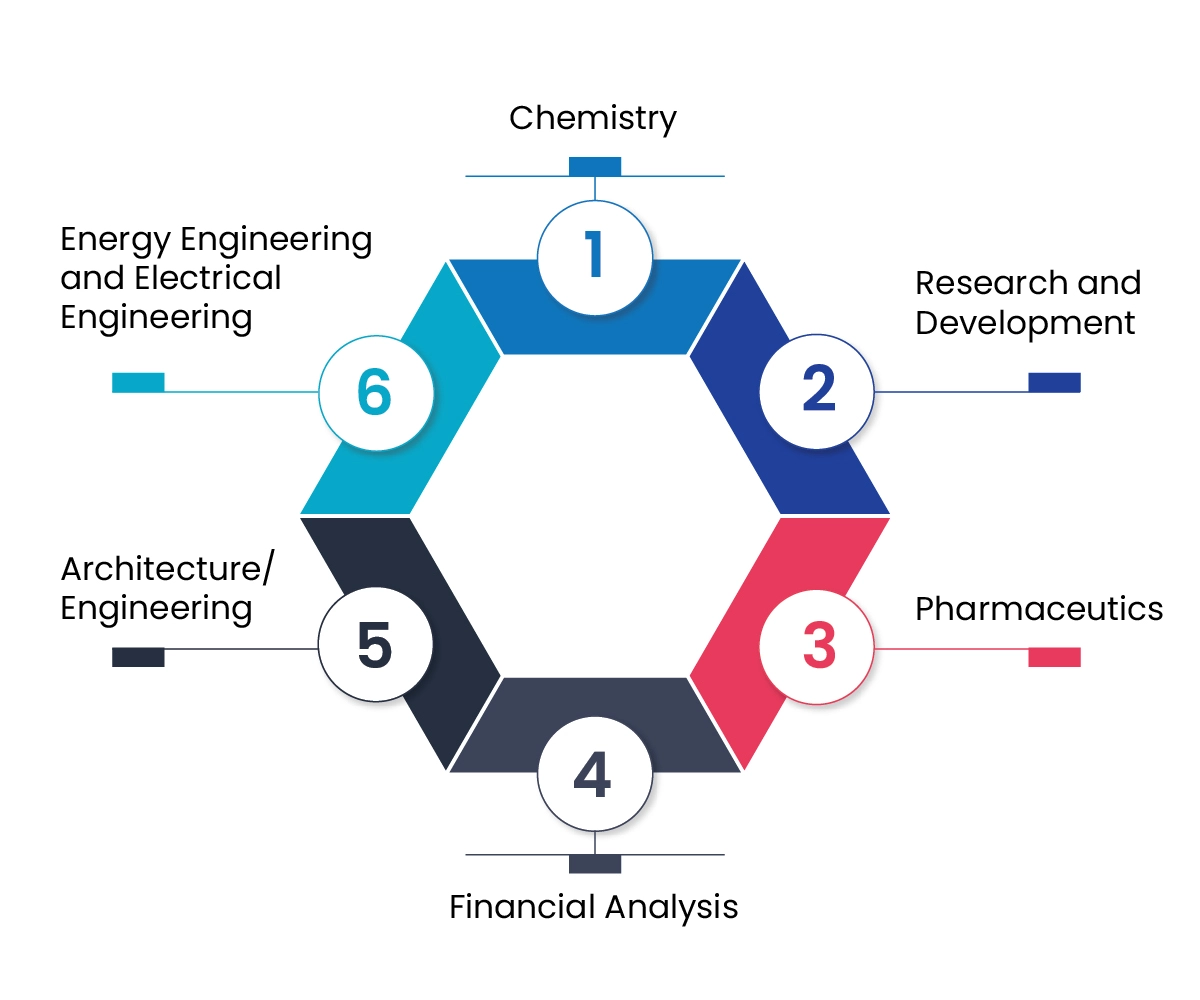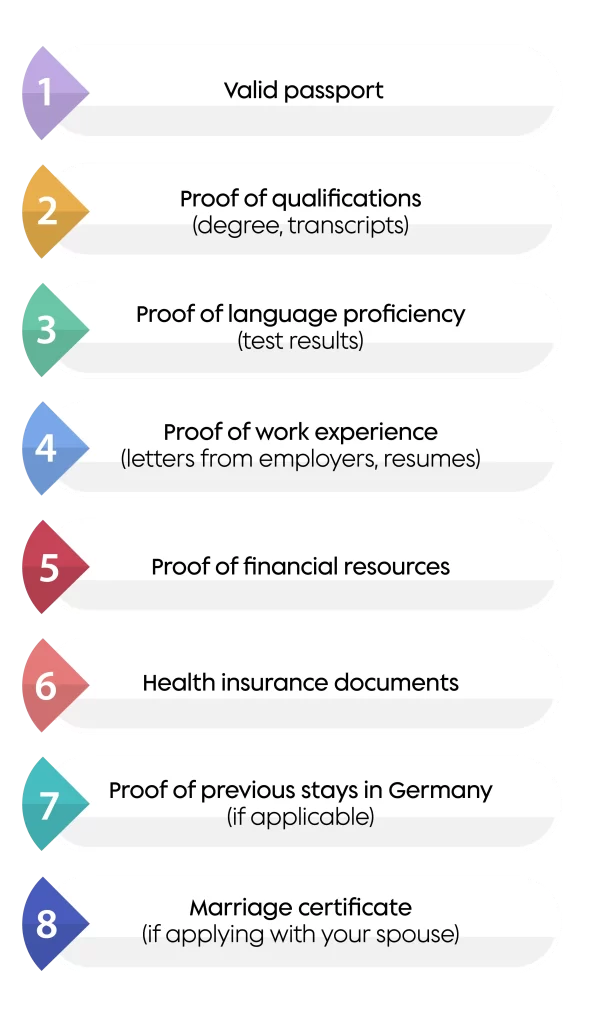As a nurse, going abroad and securing a nice job with a good income is mandatory. And why not? What about Germany? The conditions for migrating to Germany as a registered nurse are also favorable and promising. Yes, you heard it right!
To do so, first, you need to check how to become a registered nurse in Germany.
Come, let’s dive into the blog. Here you got all the info short!
Table of Content
1Registered Nurse in Germany – Overview2Types of Nurses in German3What are Registered Nurse’s Duties and Responsibilities4Requirements to Work as a Nurse in Germany5How to Become Registered Nurse in Germany6Age Limit for Nurses in Germany7How to Migrate to Germany as a Registered Nurse8Nursing Jobs in Germany for Indian Nurses9Registered Nurse Salary in Germany10Frequently Asked Questions
Registered Nurse in Germany – Overview
Germany is one of the top destinations for registered nurses seeking a stable and rewarding career. With around 35,000 job positions in care facilities vacant. The demand has never been higher, especially with an aging population driving the need for healthcare professionals. To address this shortage Germany has streamlined the process for foreign nurses to enter the workforce.
The country’s dual healthcare system, comprising public and private sectors, relies heavily on skilled nurses for both basic caregiving and specialised medical tasks. With excellent living conditions, career growth opportunities, and an increasing number of multicultural healthcare teams, Germany remains a promising destination for international nurses.
Types of Nurses in Germany
Based on the areas where they work, registered nurses in Germany have the following types. There are some others too, just look at the main ones here:
Registered Nurse – RN
- Equivalent to a general registered nurse (RN) in other countries.
- Works in hospitals, clinics, and outpatient care.
- Provides direct patient care, administers medications, and assists doctors.
Geriatric Nurse
- Specializes in elderly care.
- Works in nursing homes, assisted living facilities, and home care.
- Helps with daily activities, medication, and age-related conditions.
Pediatric Nurse
- Provides care for infants, children, and adolescents.
- Works in children’s hospitals, pediatric clinics, and neonatal units.
Psychiatric Nurse
- Specializes in mental health care.
- Works in psychiatric hospitals, rehabilitation centers, and therapy clinics.
Intensive Care Nurse
- Works in intensive care units (ICUs).
- Handles critically ill patients on life support and advanced monitoring.
What are Registered Nurses Duties and Responsibilities
Nursing is a vital part of Germany’s advanced healthcare system, where nurses take on significant responsibilities in patient care and medical support. Due to the growing demand for nurses, Germany actively recruits from around the world and there are plenty of nurses who are ready to be a registered nurse in Germany. Their duties vary depending on their work environment, it may be in hospitals, clinics, elderly care centers, or home care but all require strong medical knowledge, patient care skills, and proficiency in the German language. Nurses undergo both theoretical and practical training before assuming full responsibilities.
Below are the key duties of nurses in Germany:
1. Patient Care
Nurses are responsible for monitoring and assisting patients in hospitals, clinics, and homes. This includes administering medications, preparing patients for surgeries, ensuring proper nutrition, and providing overall care until recovery.
2. Providing Counseling to Patients
They offer psychological support and guidance to patients and their families, helping them understand their illness, treatment process, and coping strategies.
3. Conducting Tests and Measurements
Nurses perform essential medical tests, monitor patient vitals, and record health data to assist doctors in diagnosis and treatment.
4. Educating Patients
They educate patients and their families on post-treatment care, medication management, hygiene, and nutrition to promote recovery and prevent complications.
5. Collaborating with Other Nurses and Physicians
Nurses work closely with doctors and fellow healthcare professionals to ensure seamless patient care and effective treatment plans.
6. Providing Counseling and Services to Patients After Treatment
After hospital discharge, nurses continue to provide therapeutic support, rehabilitation assistance, and follow-up care to help patients regain their normal routines.
7. Emergency Management
In emergencies, nurses respond quickly to provide first aid, stabilize patients, and assist in critical medical procedures.
8. Caring for Elderly Patients
Nurses support elderly patients with daily activities, medication, rehabilitation, and chronic illness management to improve their quality of life.
9. Pain Management and Control
Using medication, therapy, and alternative techniques, nurses help patients manage pain effectively and ensure comfort during treatment.
10. Maintenance and Care of Medical Equipment
They ensure the proper use and maintenance of medical devices, contributing to safe and efficient healthcare operations. Additionally, they track treatment progress, update medical records, and assist in managing chronic illnesses by providing continuous care and support.
Requirements to Work as a Nurse in Germany
As an answer to how to be a registered nurse in Germany, you need to know the key requirements, they include:
Recognized Qualification
- Possess a recognized nursing qualification such as GNM (Diploma in General Nursing & Midwifery), B.Sc Nursing, or M.Sc Nursing.
- Undergo an equivalence assessment to have your nursing credentials recognized by German authorities.
German Language Proficiency
- Obtain a German language certificate B2 level (CEFR).
- Some states may accept B1, but B2 is generally preferred for better communication in healthcare.
Required Documents
- Personal Suitability: No criminal record; a certificate of good conduct from your country
- Medical fitness: Provide a medical fitness certificate confirming your physical and mental health for nursing duties.
- Get all certificates and documents translated into German by an accredited translator.
Registration and Licensing
- Apply for professional recognition and licensing from the relevant German state health authority.
- Pass the Kenntnisprüfung (nursing competency exam) to qualify as a Registered Nurse in Germany.
Visa and Work Permit
- Secure employment with a German healthcare provider.
- Apply for a work visa or EU Blue Card at the German embassy in India.
Additional Criteria
- Have at least 1-2 years of nursing experience (requirements may vary).
- Be 18 years or older to qualify.
How to Become Registered Nurse in Germany
To become a registered nurse in Germany there are some eligibility criteria if you satisfy those and follow these steps your way can be easier.
Meet the Qualification Requirements: Hold a nursing qualification (GNM, B.Sc Nursing, or M.Sc Nursing) and Get your nursing degree recognized in Germany through an equivalence assessment.
Learn German: Obtain a B2 level German language certificate (some states may accept B1).
Prepare Required Documents: Proof of good conduct, Medical fitness certificate, Translate all documents into German by an accredited translator.
Apply for Recognition & Licensing: Apply to the German state health authority. If required, pass the Kenntnisprüfung (nursing competency exam).
Secure a Job Offer: Find employment in a German hospital, clinic, or healthcare facility.
Apply for a Work Visa: Apply for a work visa or EU Blue Card at the German embassy in your home country.
Start Working as a Registered Nurse: Once you receive your license and visa, begin your career as a registered nurse in Germany.
Age Limit for Nurses in Germany
The preferred age limit for registered nurses in Germany is between 18 to 38 years, as most employers seek candidates within this range for better adaptability and long-term career prospects. However, exceptions can be made for experienced professionals who possess specialized skills or extensive work experience in the healthcare sector. Employers and regulatory bodies may consider factors such as qualifications, language proficiency, and demand for nursing staff when evaluating applicants beyond the standard age range
How to Migrate to Germany as a Registered Nurse
Step by step on how you can migrate to Germany as a registered nurse from the very start to the ideal end let’s take a look,
Complete a Nursing Program
Obtain a diploma, bachelor’s, or master’s degree in nursing from a recognized institution.
Check Eligibility
You should be above 18 years old and have minimum work experience.
Learn German
Achieve B2 level German proficiency (some states may accept B1) to communicate effectively in healthcare settings.
Apply for Recognition
Submit your credentials for an equivalence assessment to determine if your qualifications match German standards.
Pass the Kenntnisprüfung (if required)
If your qualification is not fully recognized, pass the Kenntnisprüfung (nursing competency exam) or complete an adaptation program.
Obtain Your Nursing License
Register with the German state health authority to receive your license as a registered nurse in Germany.
Apply for Jobs
Search for nursing positions in hospitals, clinics, or elderly care facilities. A job offer is required for a work visa.
Secure a Work Visa
Apply for a work visa or EU Blue Card at the German embassy in your home country and start your career in Germany
Nursing Jobs in Germany for Indian Nurses
Germany offers a wide range of job opportunities for Indian nurses who want to be a registered nurse in Germany in general nursing, elderly care, child care, and intensive care. Skilled nurses are highly valued for their ability to provide quality patient care and support medical teams efficiently. Many professionals migrate to Germany as registered nurses to take advantage of these opportunities. With an aging population and an increasing need for healthcare services, Germany faces a shortage of nursing staff. To fill this gap, the country actively recruits qualified nurses from India, known for their strong academic training and clinical skills.
Nurses in Germany can specialize in various fields, including:
- Intensive Care Nursing – Treating critically ill patients in ICUs.
- Pediatric Nursing – Caring for children and adolescents.
- Geriatric Nursing – Specializing in elderly care.
- Psychiatric Nursing – Supporting mental health patients.
- Surgical Nursing – Assisting in operating rooms and post-surgical recovery
Nurses usually work in hospitals, nursing homes, home care services, rehabilitation centers, and clinics.
Registered Nurse Salary in Germany
Germany’s healthcare sector is booming, offering rewarding opportunities for nurses. With an aging population and rising demand for skilled professionals, nurses can enjoy competitive salaries, job stability, and career growth. Let’s look at the average salary of registered nurse in Germany based on their experience:
| Career Stage | Work Experience | Average Salary |
|---|---|---|
| Beginner nurse | Less than one year | €30,257 ≈ ₹27,39,468 |
| Early career nurse | 1-4 years | €35,618 ≈ ₹32,24,853 |
| Mid-level nurse | 5-9 years | €37,323 ≈ ₹33,79,224 |
| Senior nurse | 10-19 years | €38,000 ≈ ₹34,40,520 |
Frequently Asked Questions
- Explore job portals like StepStone, Indeed Germany, or PflegeJobs.de, and check government-backed sites like Make-it-in-Germany.com for reliable listings.
- Prepare a German-style application with a well-structured CV, a professional photo, and a tailored cover letter.
- Submit your application carefully following employer guidelines. If shortlisted, attend an interview (online or in person) to showcase your skills and enthusiasm.
- Once you pass,secure an employment contract, which is essential for your visa and work permit process, and start your journey as a registered nurse in germany.











